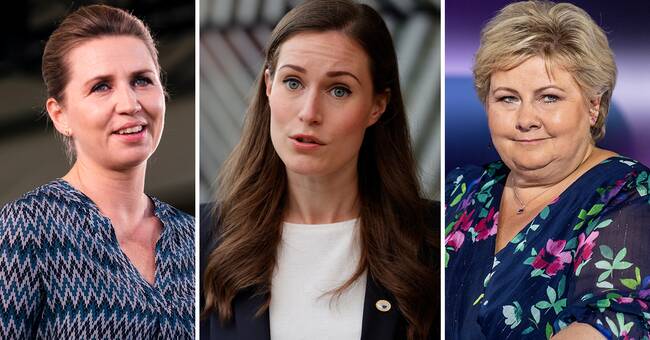On Friday, all coronary restrictions in Denmark will be lifted.
Finland wants to remove the restrictions in mid-October, and some of the country's restrictions may disappear before then.
In Norway, the situation is gloomier at the same time - rampant infection has meant that the reopening of the country has been postponed once again so that more people have time to get vaccinated.
In Sweden, a number of restrictions and limitations will be removed on 29 September when we enter step four of five in the reopening.
- This shows that there are no simple solutions for dealing with the virus, it is about trade-offs that each country makes.
But it is a bit confusing and difficult to understand, because it is the same problem that the countries face, says Jan Albert, professor of infection control at Karolinska Institutet, about the countries' different strategic choices.
Jan Albert, Professor of Infection Control at Karolinska Institutet Photo: Janerik Henriksson / TT
"Will be a little jealous"
According to Jan Albert, the fact that Denmark can lift the restrictions completely already on Friday is probably mainly due to the fact that the country has a higher proportion of fully vaccinated than other Nordic countries and that it is expected that vaccine coverage is high enough so that there will not be too heavy a burden on care and too many new cases.
- It will be important to follow how things go in Denmark after the opening, you have to remember that their vaccine coverage is higher than in Sweden.
But I think that many in Sweden will be a little jealous, including myself, says Jan Albert.
Finland has a clear goal
When 80 percent of all those over the age of twelve in Finland are fully vaccinated, the country's nationwide restrictions will be lifted.
It is expected to be in mid-October, according to the country's new strategy.
- I think it is good to have a clear route that is as simple and clear as possible.
I believe that it provides an increased understanding of maintaining restrictions for a while and that it can motivate those who are hesitant about vaccination to get vaccinated.
We must gradually find a way to live with the virus, which will remain forever, says Jan Albert.

